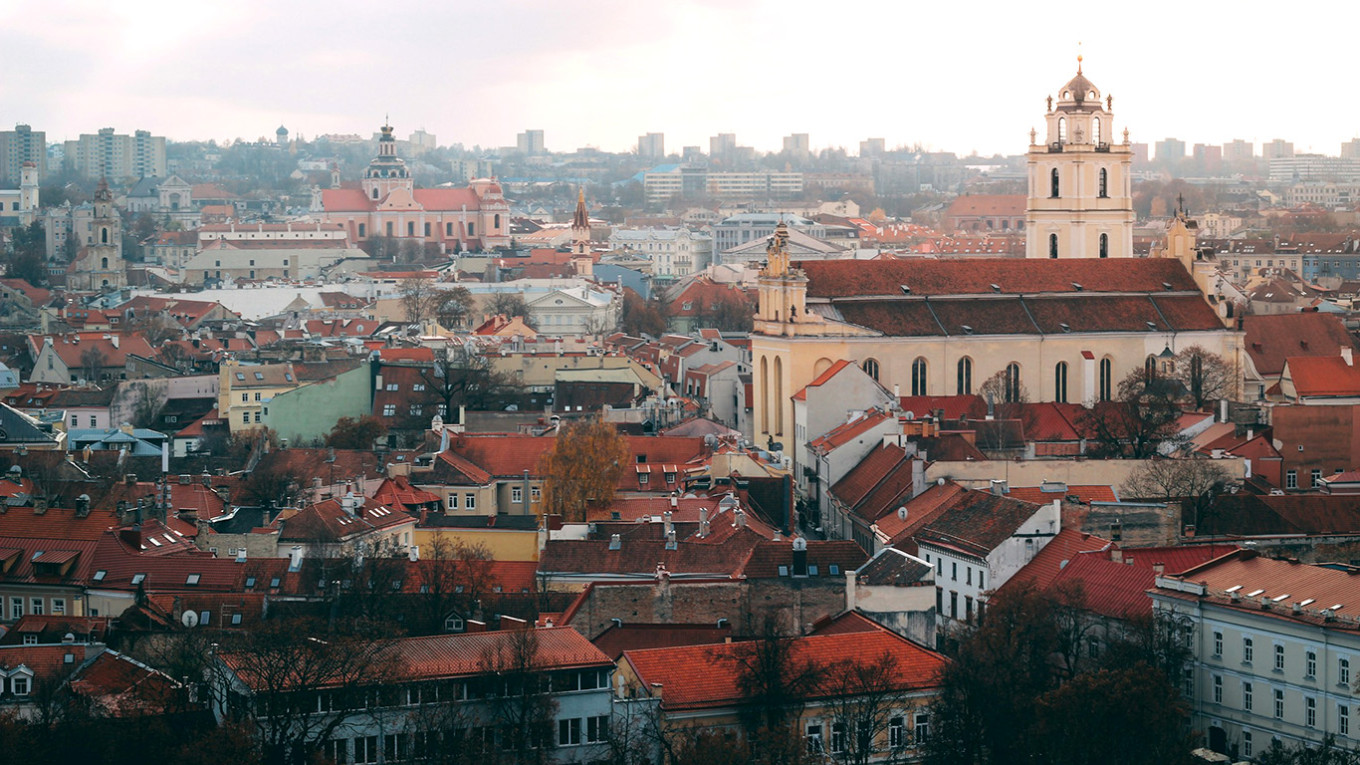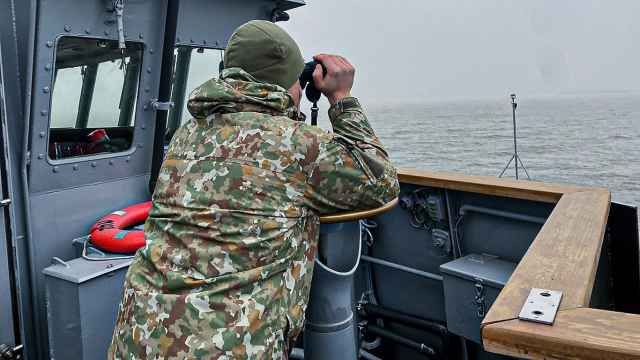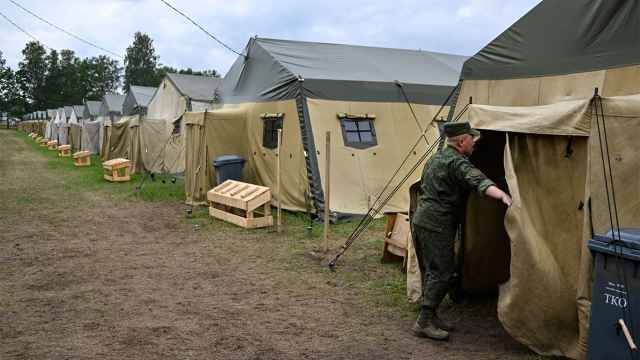The city of Vilnius unveiled a wartime evacuation plan on Wednesday as the Baltic nation says it is bracing for potential threats from Russia amid its ongoing invasion of Ukraine.
The plan outlines three primary evacuation routes heading west, “as the enemy has historically come from the east,” Vilnius Mayor Valdas Benkunskas said at a press conference.
“We do not want to cause panic,” Benkunskas said. “Our goal is clear: to have a plan, to have coordination between institutions, to know who is responsible for what and to trust our defense forces... hoping that this plan will never need to be activated.”
A member of NATO and the European Union, Lithuania has been a firm supporter of Ukraine since Russia launched its full-scale invasion in 2022. In response, it has significantly increased defense spending and preparedness.
Vilnius, located just 30 kilometers (19 miles) from the Belarusian border, plans to hold evacuation drills this coming fall.
Lithuanian officials have expressed concern that Russia could use Belarus as a launchpad for aggression against the Baltic country, just as it had done before the full-scale invasion of Ukraine.
Russia and Belarus are scheduled to conduct their joint Zapad military exercises in September. Past iterations have brought tens of thousands of troops close to the borders of Poland and the Baltic states.
City officials said Vilnius, home to over 600,000 residents, could be evacuated within 48 hours if necessary.
The plan also addresses non-military threats, including natural disasters or accidents at the Ostrovets nuclear power plant in Belarus, located roughly 50 kilometers (31 miles) from Vilnius.
The Russian-built facility has long raised safety concerns in Lithuania, which has conducted decontamination drills and distributed iodide tablets to residents.
Lithuania has repeatedly called the plant unsafe, an allegation both Minsk and Moscow deny.
A Message from The Moscow Times:
Dear readers,
We are facing unprecedented challenges. Russia's Prosecutor General's Office has designated The Moscow Times as an "undesirable" organization, criminalizing our work and putting our staff at risk of prosecution. This follows our earlier unjust labeling as a "foreign agent."
These actions are direct attempts to silence independent journalism in Russia. The authorities claim our work "discredits the decisions of the Russian leadership." We see things differently: we strive to provide accurate, unbiased reporting on Russia.
We, the journalists of The Moscow Times, refuse to be silenced. But to continue our work, we need your help.
Your support, no matter how small, makes a world of difference. If you can, please support us monthly starting from just $2. It's quick to set up, and every contribution makes a significant impact.
By supporting The Moscow Times, you're defending open, independent journalism in the face of repression. Thank you for standing with us.
Remind me later.






